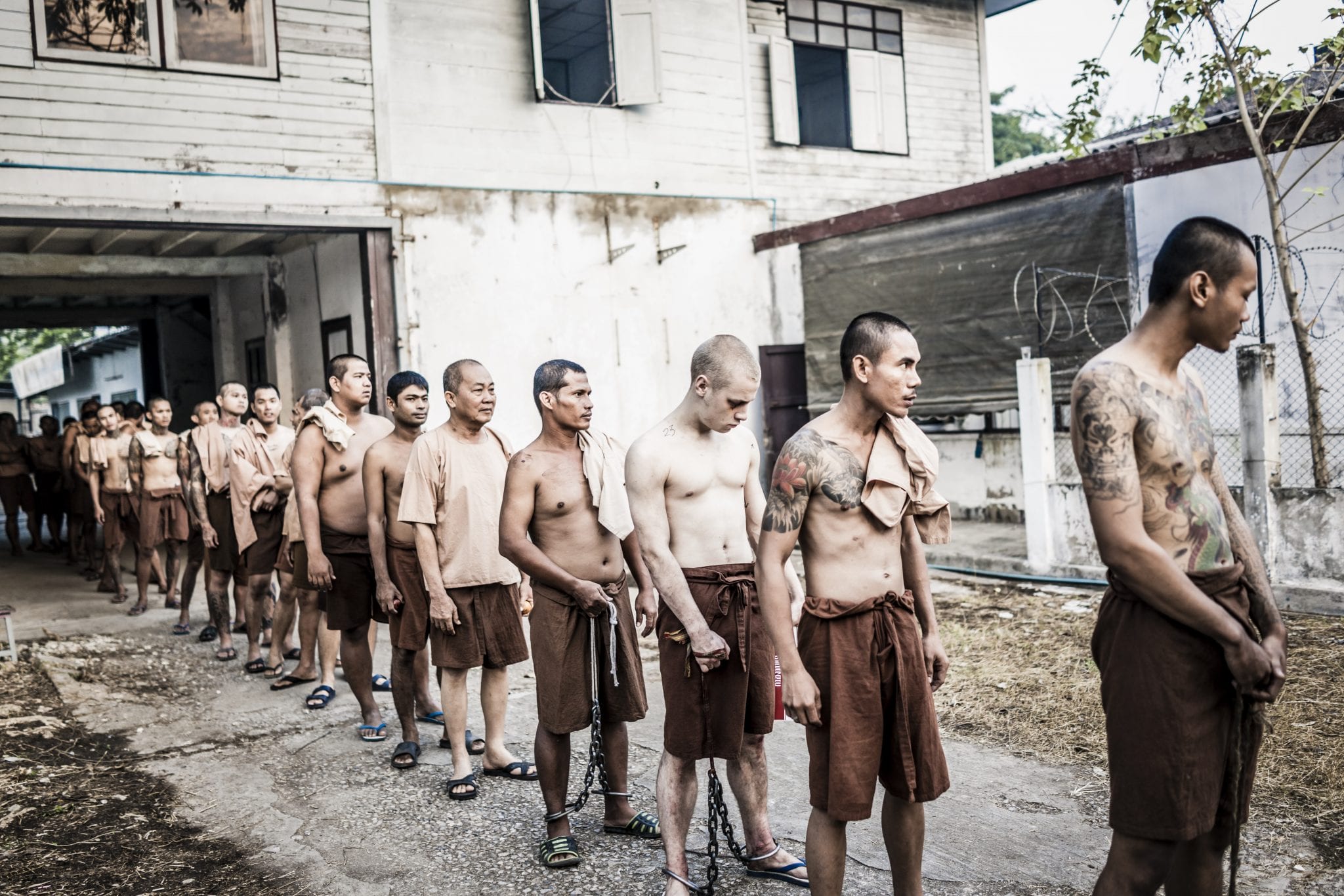
Crisis – Trying to Take on Opioids
The opioid epidemic is the setting for Nicholas Jarecki?s Crisis. The film looks at the issue from different angles by using three storylines (two of which converge) that allow the film to explore the pain caused by this problem as well as ethical and law enforcement issues that complicate the issue in many ways. The…


